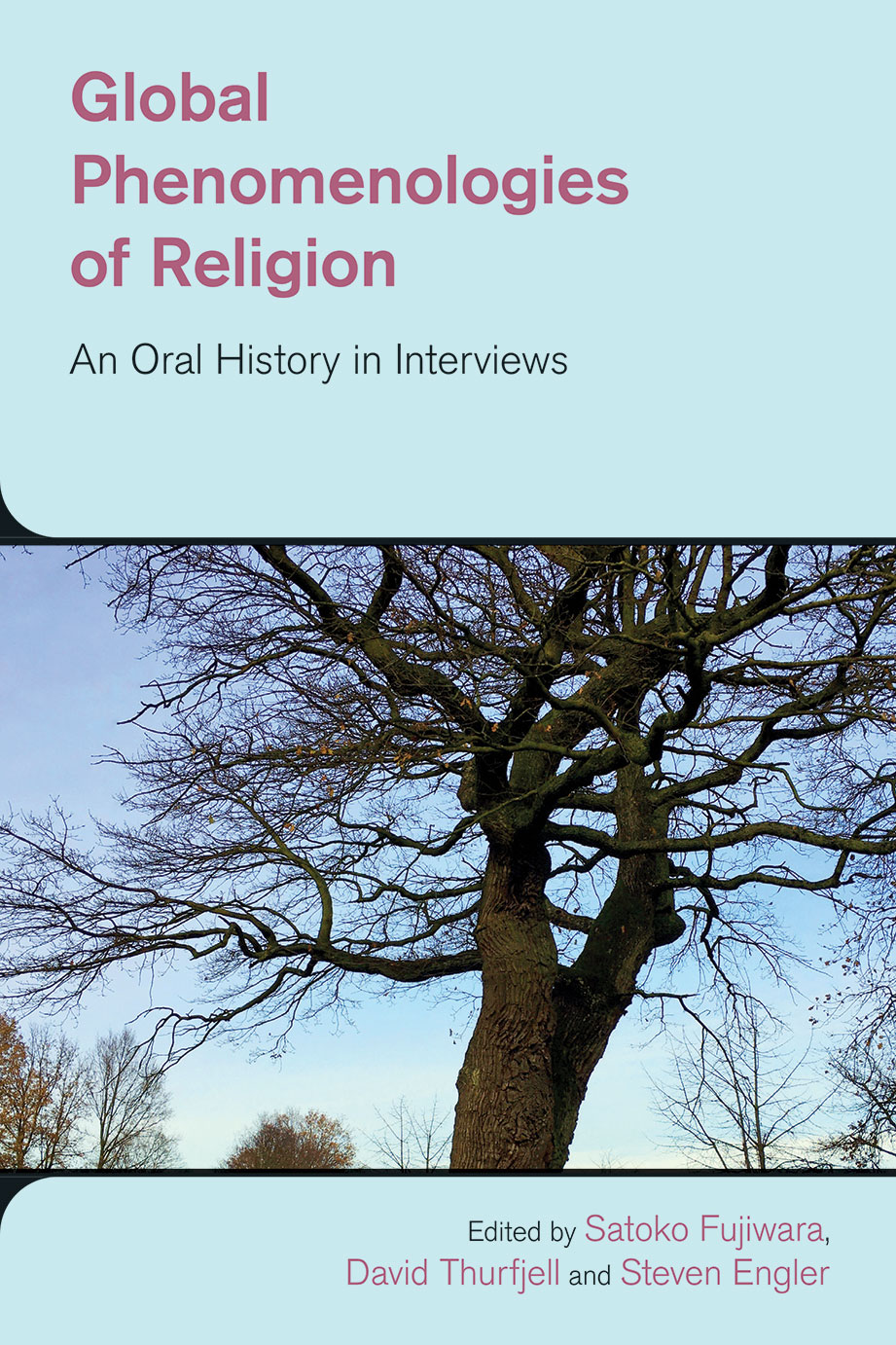Reviews
Global Phenomenologies of Religion offers a different way of looking at the past, and retrospective reinterpretations can in fact open up new ways of looking at the future. This new perspective also allows one to appreciate the opening lines of the book: “Phenomenology is dead; long live phenomenology of religion!” (1). I would recommend this book to scholars or graduate students interested in the history and development of the field of religious studies in a global context, and its possible futures.Reading Religion
To the extent that Global Phenomenologies of Religion offers a different way of looking at the past, and retrospective reinterpretations can in fact open up new ways of looking at the future, this new perspective also allows one to appreciate the opening lines of the book: “Phenomenology is dead; long live phenomenology of religion!” (1). I would recommend this book to scholars or graduate students interested in the history and development of the field of religious studies in a global context, and its possible futures.
John Matthew Allison, PhD student, Department of Religion, Rice University








